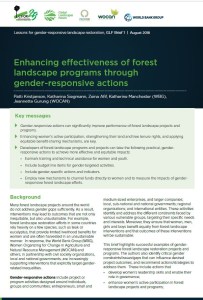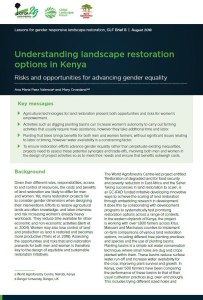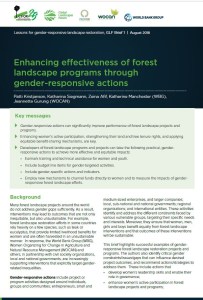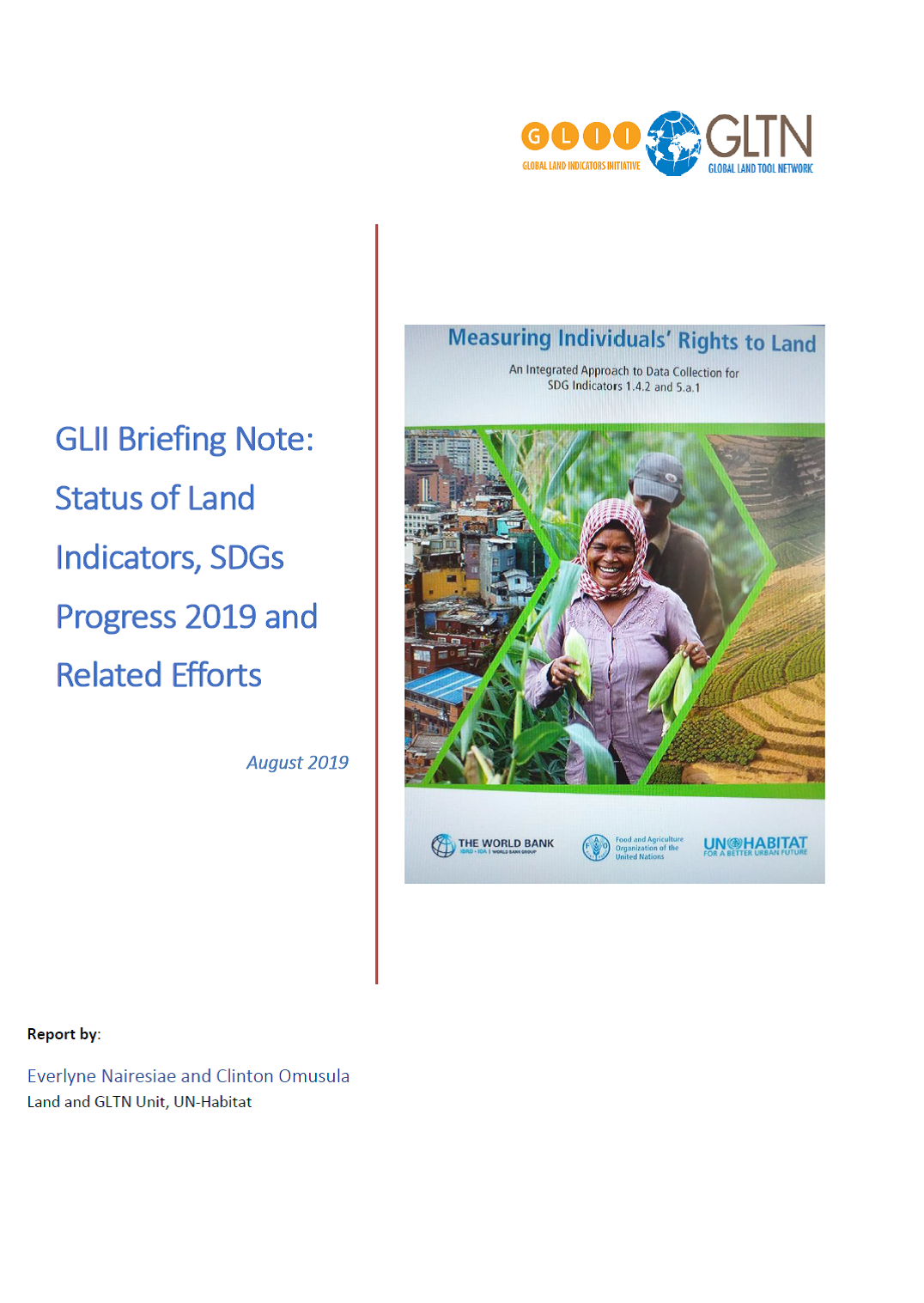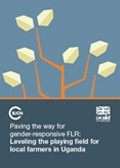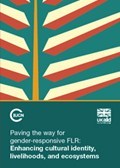Village Land Management a few years on – what has changed?
Since 2010, the GIZ Land Programme in Lao PDR has sought to improve the land tenure security of rural communities. The programme currently consists of three projects – the BMZ-commissioned Land Management and Decentralised Planning (LMDP) Project, the Enhanced Land Tenure Security (ELTeS) sub-project within a global programme on responsible land policy, as well as the German contribution to the Mekong River Land Governance (MRLG) Initiative.





